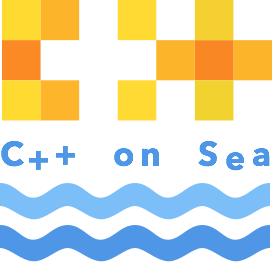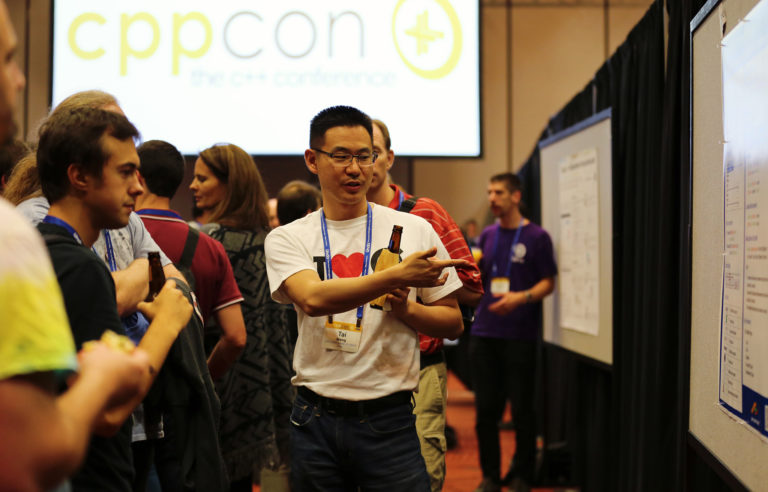std::string_view: The Duct Tape of String Types--Billy O'Neal
One of the most important features of C++17:
std::string_view: The Duct Tape of String Types
by Billy O'Neal
From the article:
Visual Studio 2017 contains support for std::string_view, a type added in C++17 to serve some of the roles previously served by const char * and const std::string& parameters...


 Have you registered for CppCon 2018 in September?
Have you registered for CppCon 2018 in September?  Have you registered for CppCon 2018 in September?
Have you registered for CppCon 2018 in September?  It's here!
It's here!